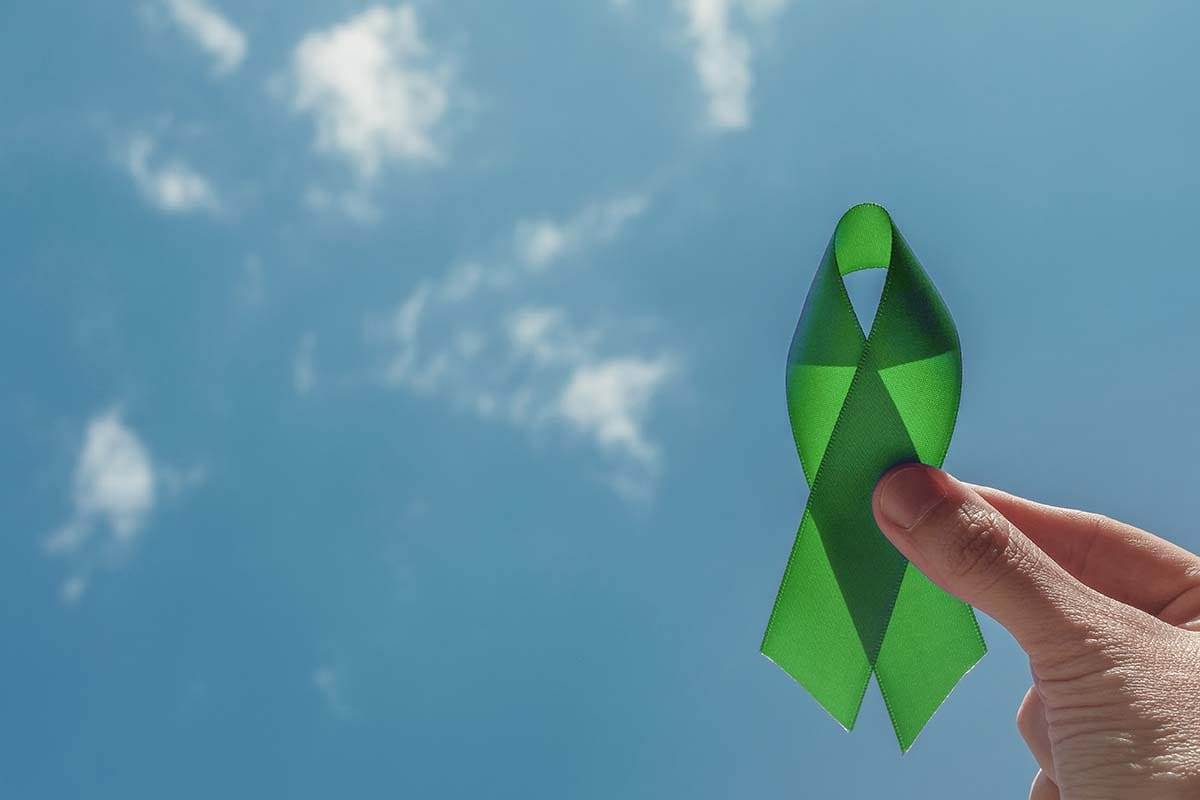Colorado is slightly above the national average for the number of adults who are experiencing depression. To treat the symptoms of depression and any corresponding addiction, men and women can find support through several types of treatment programs. The best treatment for depression includes a combination of behavioral and medical support to treat the physical and mental side effects of this illness. Enrolling in a depression treatment program can prevent symptoms from worsening and causing major disruptions at home, work, or school.
At Colorado Medication Assisted Recovery, our depression treatment program works with individuals who are struggling with depression and ready to make a positive change. During admissions, we will run a full assessment to determine the best treatment options to treat the severity of the depression and any corresponding addiction or other disorder. Patients will participate in group and private therapy while receiving medication to minimize any symptoms that are causing any issues with recovery. If you or a loved one is struggling with depression, reach out to our compassionate team by calling 833.448.0127 today to take that first step toward a better future.
How to Tell if You Need Depression Treatment
Depression affects each person in different ways. While some people will experience mild symptoms for a few days or weeks, others will be debilitated by their emotions and unable to function for weeks or months at a time. In most cases, people will self-medicate with alcohol or drugs or combine them with their anti-depressant medication to heighten the effects. They think they are helping, but the reality is they are worsening their depression and causing addiction to their prescription medication or other drugs or alcohol.
Some of the signs that you need depression treatment include:
- You feel overwhelming sadness or hopelessness, and you have to drink or use drugs to get through the day.
- Activities that you used to enjoy no longer bring you pleasure.
- You are abusing anti-depressant medication.
- You have worsening depression symptoms or thoughts of suicide.
At Colorado Medication Assisted Recovery, we offer the best treatment for depression, anxiety, substance abuse, and other mental health disorders. Therapists work privately with each patient to help them understand the reasons behind their depression and build healthy coping skills for managing their symptoms and triggers.
Finding the Best Treatment for Depression
Depression is a complicated illness to treat as symptoms are unique to the individual, as are the causes and triggers. The right treatment options for each person will depend on the severity of their symptoms and any co-occurring substance use disorder that has developed.
The best treatment for depression includes:
- Behavioral therapy—Cognitive-behavioral therapy is one of the best therapy options for treating depression, addiction, and other mental health disorders. It works by helping patients talk through the reasons behind their depression and learn to process those feelings without triggering any cravings or other negative behavior. Behavioral therapy shows patients the power within them to make real changes in the way they think and see the world around them.
- Medication-assisted treatment—Certain medications are very effective in reducing symptoms of depression and anxiety. Patients who are going through addiction withdrawals will receive medication that will minimize their withdrawal symptoms and cravings and allow them to focus 100% on their recovery.
- Family therapy—Rebuilding relationships is an important step in the recovery process. Family therapy allows parents, spouses, and children to come in and talk about the addiction and any frustrations or anger they have. They will learn all about depression and how it can impact everyone in the family, and how they can create a supportive environment at home.
The best treatment for depression will depend on the severity of your symptoms and if there are any withdrawal symptoms due to drinking or drug abuse. When you enroll in a treatment program, trained specialists will run a full assessment to determine the best treatment for your physical and mental health.
For the Best Depression Treatment Near You, Choose Colorado Medication Assisted Recovery
Colorado Medication Assisted Recovery supports men and women from all walks of life who are struggling with depression, substance abuse, or other mental health disorders. We base our programs on each patient’s unique symptoms to create a more beneficial treatment experience. The types of therapy we offer include:
- Cognitive-behavioral therapy
- Dialectical behavior therapy
- Family therapy
- Neurofeedback therapy
- Group and individual therapy
If you are doing a google search for depression treatment near me, click on the link for Colorado Medication Assisted Recovery. Call 833.448.0127 or fill out our online form today to talk with one of our team members.


























